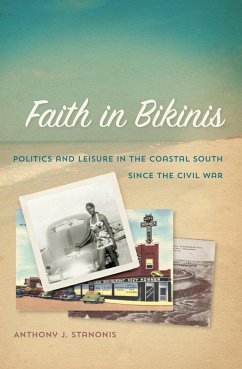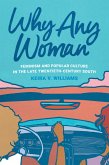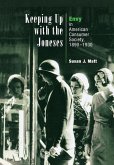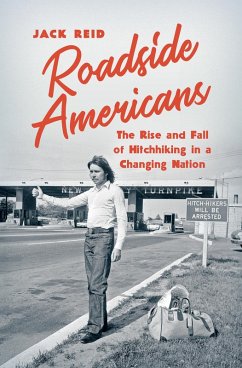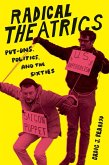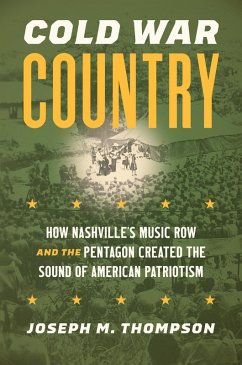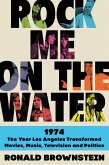While traditional industries like textile or lumber mills have received a majority of the scholarly attention devoted to southern economic development, Faith in Bikinis presents an untold story of the New South, one that explores how tourism played a central role in revitalizing the southern economy and transforming southern culture after the Civil War. Along the coast of the American South, a culture emerged that negotiated the more rigid religious, social, and racial practices of the inland cotton country and the more indulgent consumerism of vacationers, many from the North, who sought greater freedom to enjoy sex, gambling, alcohol, and other pleasures. On the shoreline, the Sunbelt South-the modern South-first emerged.
This book examines those tensions and how coastal southerners managed to placate both. White supremacy was supported, but the resorts' dependence on positive publicity gave African Americans leverage to pursue racial equality, including access to beaches often restored through the expenditure of federal tax dollars. Displays of women clad in scanty swimwear served to market resorts via pamphlets, newspaper promotions, and film. Yet such marketing of sexuality was couched in the form of carefully managed beauty contests and the language of Christian wholesomeness widely celebrated by resort boosters. Prohibition laws were openly flaunted in Galveston, Biloxi, Myrtle Beach, Virginia Beach, and elsewhere. Yet revenue from sales taxes made states reluctant to rein in resort activities. This revenue bridged the divide between the coastal resorts and agricultural interests, creating a space for the New South to come into being.
This book examines those tensions and how coastal southerners managed to placate both. White supremacy was supported, but the resorts' dependence on positive publicity gave African Americans leverage to pursue racial equality, including access to beaches often restored through the expenditure of federal tax dollars. Displays of women clad in scanty swimwear served to market resorts via pamphlets, newspaper promotions, and film. Yet such marketing of sexuality was couched in the form of carefully managed beauty contests and the language of Christian wholesomeness widely celebrated by resort boosters. Prohibition laws were openly flaunted in Galveston, Biloxi, Myrtle Beach, Virginia Beach, and elsewhere. Yet revenue from sales taxes made states reluctant to rein in resort activities. This revenue bridged the divide between the coastal resorts and agricultural interests, creating a space for the New South to come into being.
Dieser Download kann aus rechtlichen Gründen nur mit Rechnungsadresse in A, D ausgeliefert werden.

